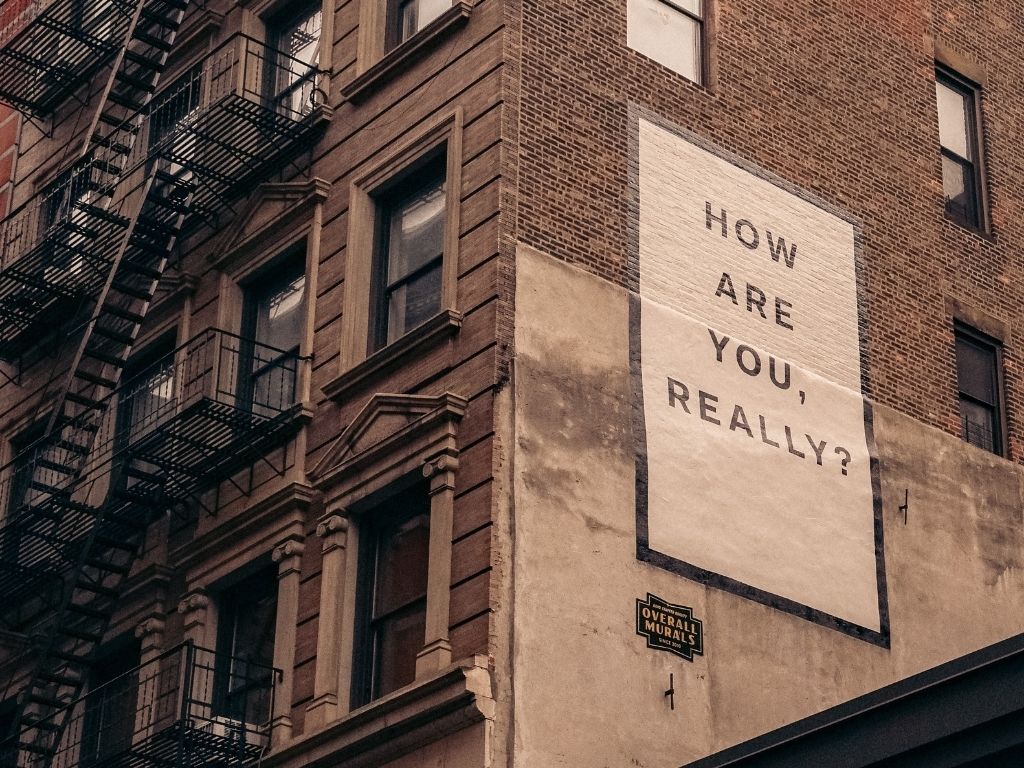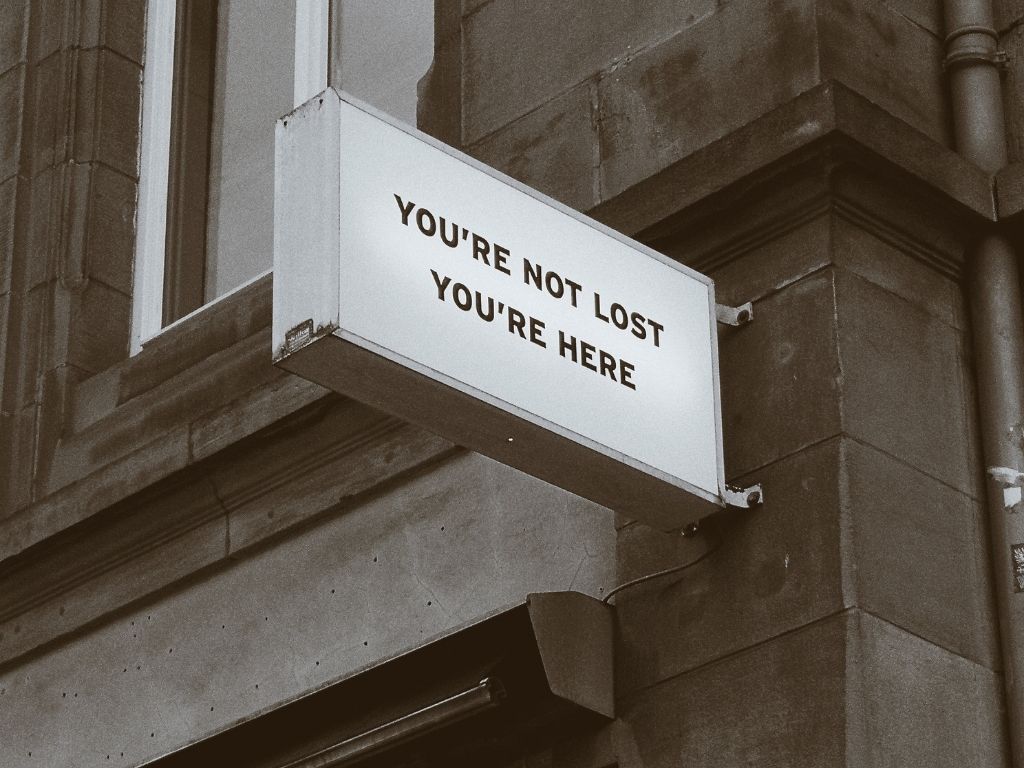
Emotions are inevitable to feel, difficult to understand, and highly informational. You didn’t see that last one coming did you? so what’s the purpose of emotions? regardless of how difficult they can be, they can simplify life too if you get to understand them.
We’ve all been there, our heart is racing, we start sweating, and we can’t hold back our tears or our words. In obvious situations like a funeral it is normal we can’t hold back our tears. Or it is normal we sweat more during an interview. But what if, what someone said or did, seemed small but you can’t help but have a big reaction to it? Why does this happen and what can we do about it?
The most important thing to understand in order to start is what the purpose even is of having these emotional reactions. In the early psychology days, it was thought that the purpose of emotions was for learning (Mowrer, 1960). However as research has emerged that view has shifted to emotions being a motivator for behaviors (Izard, 1991) In short, emotions are beneficial to our decision-making process, Making good decisions is crucial to living a good life.
The Invisible Mammoth
If it’s so simple then why is it still difficult to understand emotions today? Thousands of years ago we might have been deciding between whether we should or shouldn’t run from an angry mammoth we were trying to have for dinner. Our surroundings were clear, this made decision-making easier to do accurately and quickly. However, today the meat we buy in the grocery store isn’t going to chase us down, so do we still need these emotions? The short answer is yes, sure mammoths are extinct but the danger isn’t.
The difference between thousands of years ago and now is that our perceived dangers and other emotions are a lot less obvious than a giant fluffy elephant, thanks to our ancestors who build us a comfortable life. This does means though, that it is harder to see what triggers our reactions.
As society has become more civil, as they like to say, the rules of conduct have become more confusing. We are taught to say what will make us look good in society, not the truth or how we truly feel. This difference between words and actions makes it so hard to gauge whether you can trust a situation or not. Being unsure if you can trust something activates our defense mechanism and more often than not will lead us to assume the worst. Therefore in order to protect our feelings, we respond to the worst-case scenario when in many cases this isn’t necessary.
Emotions For Clarity
We know when we feel sad and angry or happy but we can also feel a mix of these emotions or intensified versions, together with unclear triggers making emotions the confusing mess we know today. But the one thing emotions from back then and now still have in common is that they still try to help us make good decisions in life. So before you ‘just stop caring’ see if your emotions are trying to inform you, often times the misunderstood and deemed to be negative emotions can teach us the most. They can help you figure out what it is you want in life. As well as help you express that to those around you to get you to where you want to be and do what it is you want to be doing. So yes there was a point to having emotions and these points, although different in appearance, are still doing their job today.
Risk Of Ignoring
If that isn’t motivation enough, it doesn’t stop there, ignoring emotional signs such as stress can have an irreversible negative physical effect on our bodies if we are exposed to stress for extended periods of time (Sapolsky, 1996). This happens because the central nervous system (connecting your nervous system to your brain) acts as a mediator between the Anatomic nervous system (responsible for secreting your hormones when believed necessary) and the immune system (responsible for fighting off germs/bacteria that make you sick) (Kenny et al, 2014)
So now that you know why they are important we can take a closer look into what these emotions try to tell us. Emotions can be tricky, as we often feel a mix of them. What can help detangle and bring some clarity is by looking at your body and its physical symptoms. This can help to identify which emotions we feel. Understanding and being able to express what you are experiencing can lift the frustration and loneliness that come with not feeling understood.
Let’s start by figuring out what you might be feeling through what you are experiencing.
Signs Of Emotions

To simplify this already confusing topic I’ve narrowed down different core emotions into two groups, ones that require action (stress-inducing) and ones that don’t (stress-reducing), and how to identify the emotions in each one.
Stress-inducing
Anger
Do you get hot and flustered? Are your neck, jaw, and hands tensed? Then you might have been angry. Anger means that whomever or whatever has passed a boundary that we have. Having boundaries is important for our perceived self-worth and social worth.
Whether they actually did or not is not of importance, as, regardless, our perception still perceived that they did. This helps us to understand what we find morally right and wrong.
Fear
Maybe your breathing was rapid and your armpits and palms were sweating. Did your heart feel like it was beating out of your chest? Or maybe your muscles felt weak. These are all bodily indicators of fear. Fear is what keeps us alive through the flight or fight mode and fear is a great reminder of what we value.
When we are about to lose something or have lost it we can feel fear that we will never get it back. Say an opportunity seemed like it was gone but became available again, try to think of why you value this opportunity to see what you truly value. Say your friend told you they didn’t want to be friends anymore. Why was your heart pounding? Because of fear we aren’t liked. Therefore I value being liked. Additionally to showing what we truly value, fear can also show you what your gut is telling you. having trouble deciding, flip a coin, if you’re too afraid you won’t get tales.. then you have your answer.
Pain
Or did you feel pain in your chest or a lump in your throat? Were there tears rolling down your eyes? You might have been feeling sad/hurt. Knowing what we are sad or hurt about can help us know what we love. If you are grieving then what we loved was the time we had with that person and the grief we feel is the love we aren’t being able to give or receive from them anymore. Sadness and hurt come with caring for something. Although caring puts us at risk of feelings of sadness it is a vital emotion that helps us appreciate what we have and helps us function in society. It’s the building emotion we need to be able to empathize. Empathy is crucial for a society in order to not just be alive but thrive together.
Stress-reducing
Joy
If you felt a sense of warmth, have relaxed muscles, and feel safe, you feel happy.
Happiness is not the end goal but having moments of happiness can teach us in which scenarios we feel most at home, and most worry-free. After moments of hardship, our bodies need a moment in which it is safe to let down our guard and take a break from the more stress required emotions.
Listen
Now that you know what you experienced and which emotions you were feeling we can go to the last step, listening. If you want to not just experience these emotions and keep experiencing them at times that seem inconvenient or out of place then you must listen to what these emotions say about you. So really ask yourself ‘Why?’ Why do I feel sad when this happens? Why do I feel angry when they said this? When you understand what it is you value at your core you can align your life to work in cohesion. Once you start to live the life that aligns with you, it will become easier to not take things so personally. This is because once we can look in the mirror and feel confident we made the right decisions, the comments others make will not have us doubting ourselves immediately.
The Takeaway
Now that we know that emotions are vital to make good life decisions, like running away from an angry mammoth, we know how to identify what we are feeling, and have asked the why’s, but the question remains how. How do we actually get our emotions under control? In order to take the actions that have been proven to work, we have to understand why they work. Understanding why will help you see the benefit of actually implementing them which makes actually tackling this easier to accomplish. So if you want to skip the research and cut to the chase by knowing the proven methods and why they work have a read on what emotions really are.
If you have any comments or questions on this topic, please leave them down below. We will try our best to answer as thoroughly as possible.
Related Articles
01: The neutral mindset for success
References:
Izard, C. E. (1991). The Psychology of Emotions. Springer Science & Business Media. Retrieved October 31, 2021, from https://books.google.ae/books?hl=en&lr=&id=RPv-shA_sxMC&oi=fnd&pg=PA1&dq=why do we experience emotions&ots=cUA8ckZ9T8&sig=77EaQVLkxExgJmgPLg1GUgnioL0&redir_esc=y#v=onepage&q=why do we experience emotions&f=false.
Kenney, M. J., & Ganta, C. K. (2014). Autonomic Nervous System and Immune System Interactions. Comprehensive Physiology, 1177-1200. doi:10.1002/cphy.c130051
Mowrer, O. H. (1960). Learning theory and behavior. doi:10.1037/10802-000
Sapolsky, R. M. (1996). Why Stress Is Bad for Your Brain. Science, 273(5276). doi:10.1126/science.273.5276.749
Good day! I just wish to give you a huge thumbs up for your excellent information you have got here on this post. I am coming back to your blog for more soon.
Thank you for your comment, we are happy you liked the article. More on this topic is on the way.
This site really has all of the information and facts I wanted about this subject and didn’t know who to ask.
Hi Estefana,
We are glad you found this article helpful, there will be more articles in this series about the same subject coming soon.